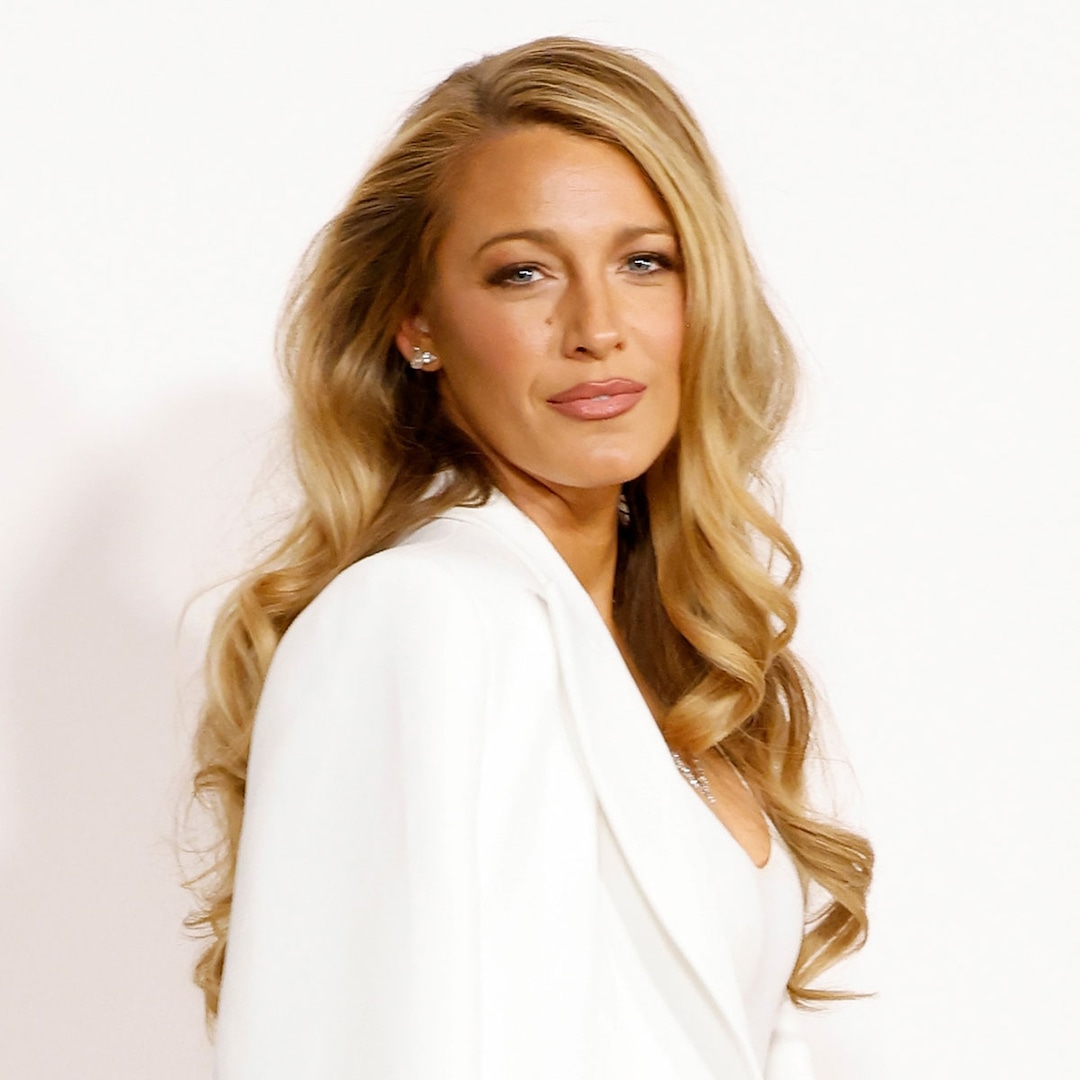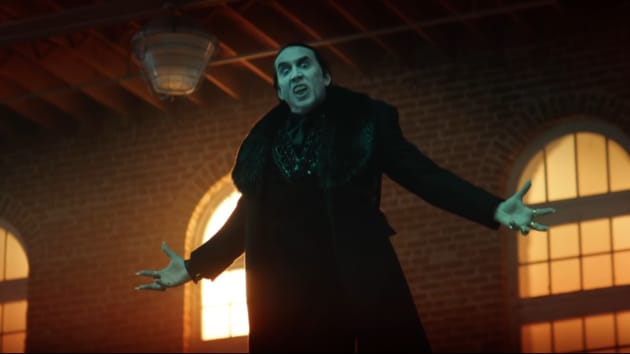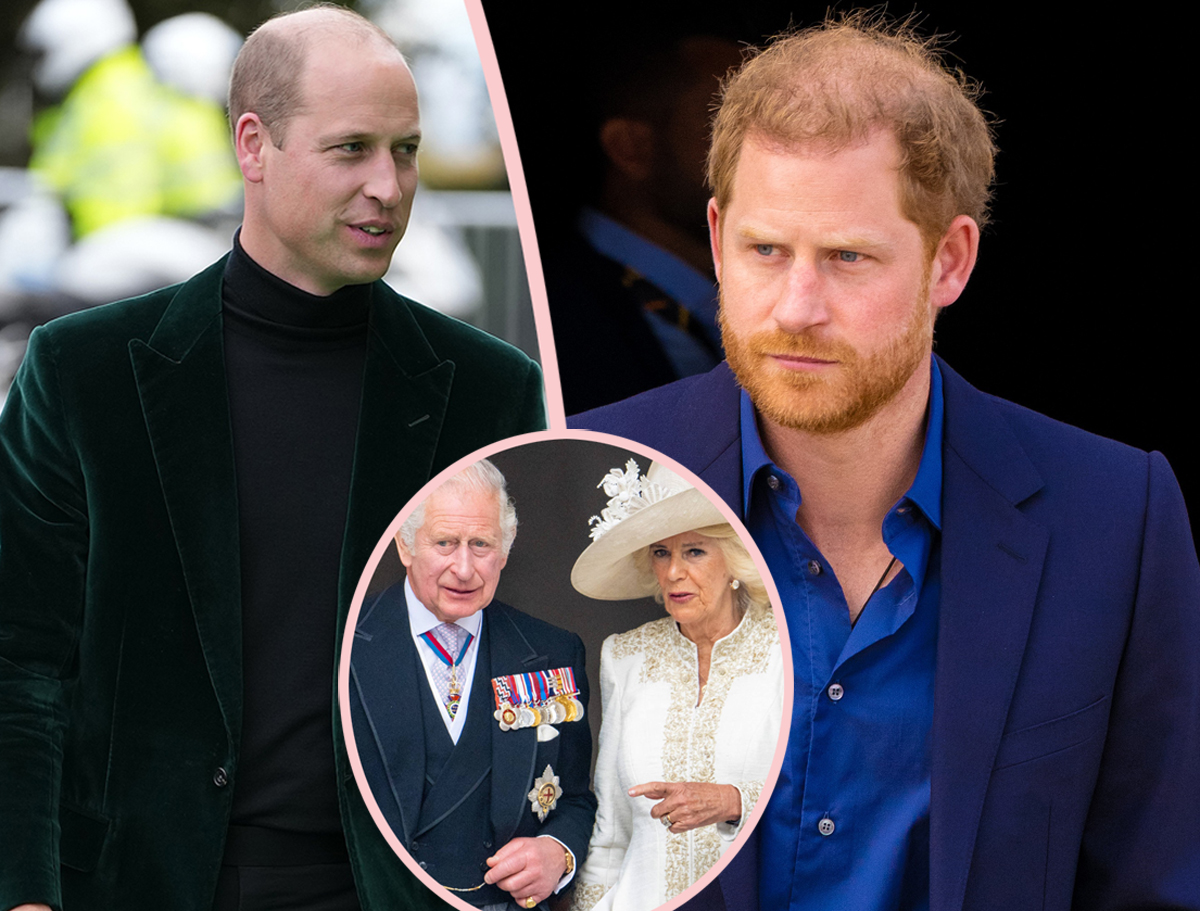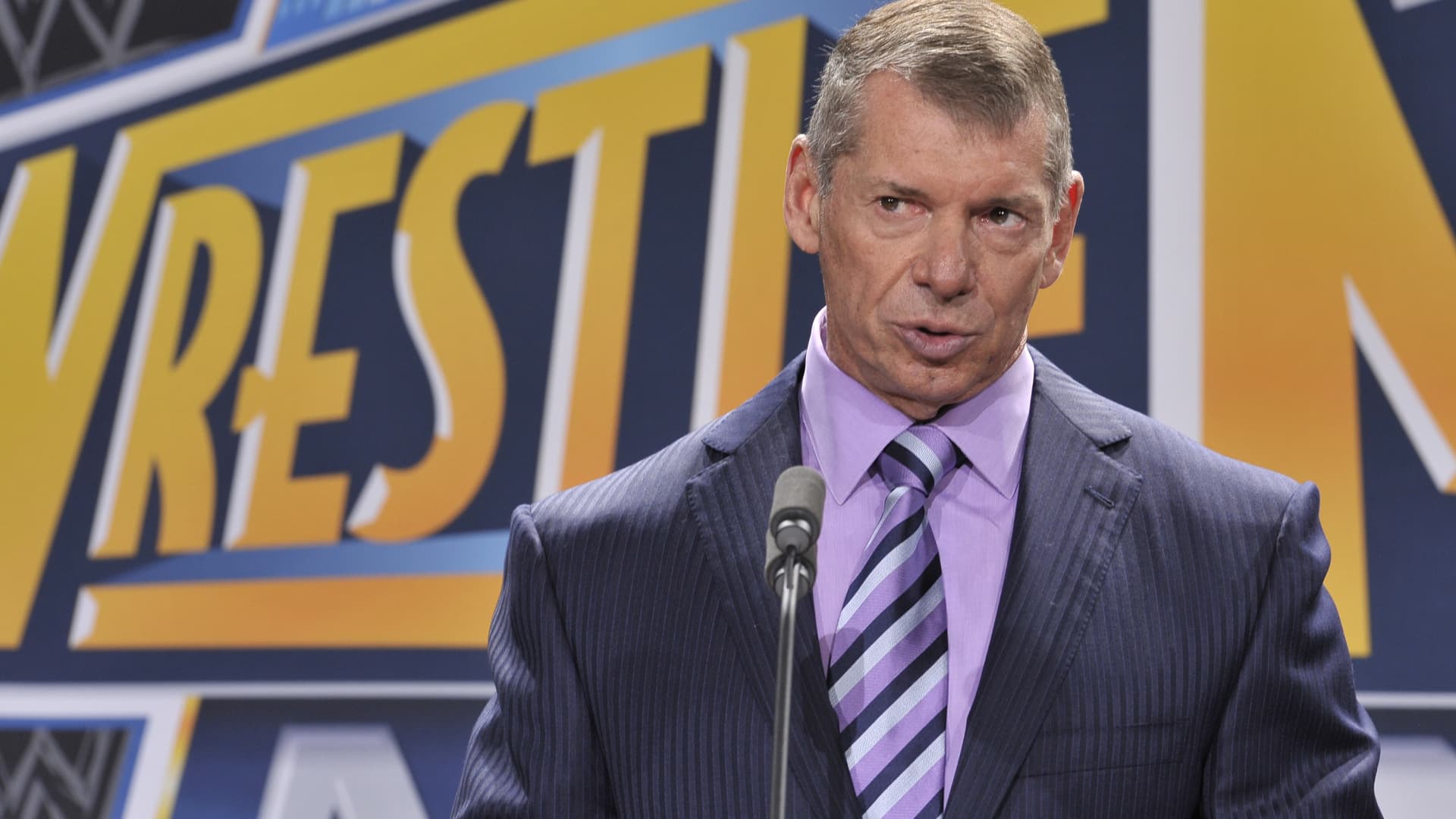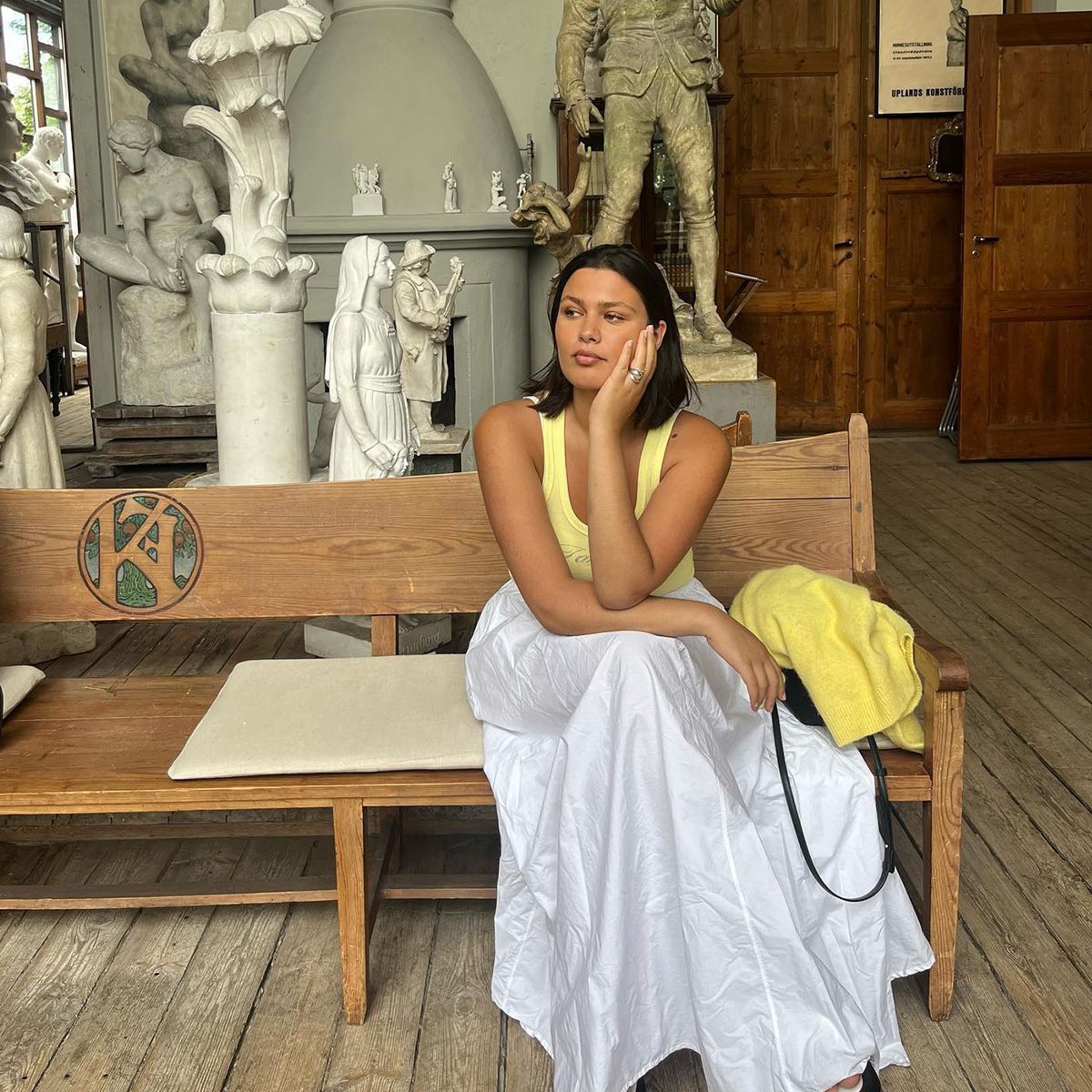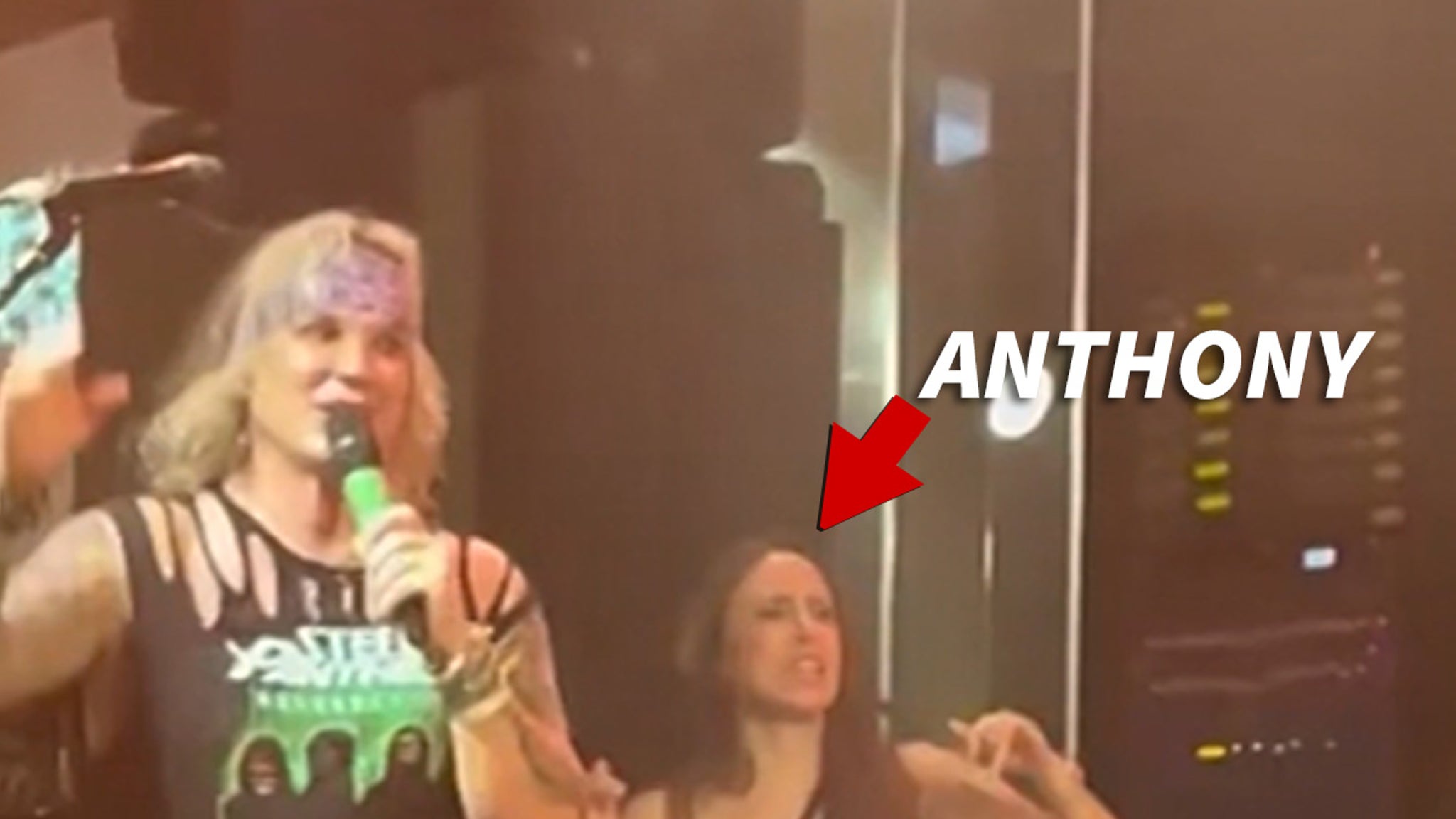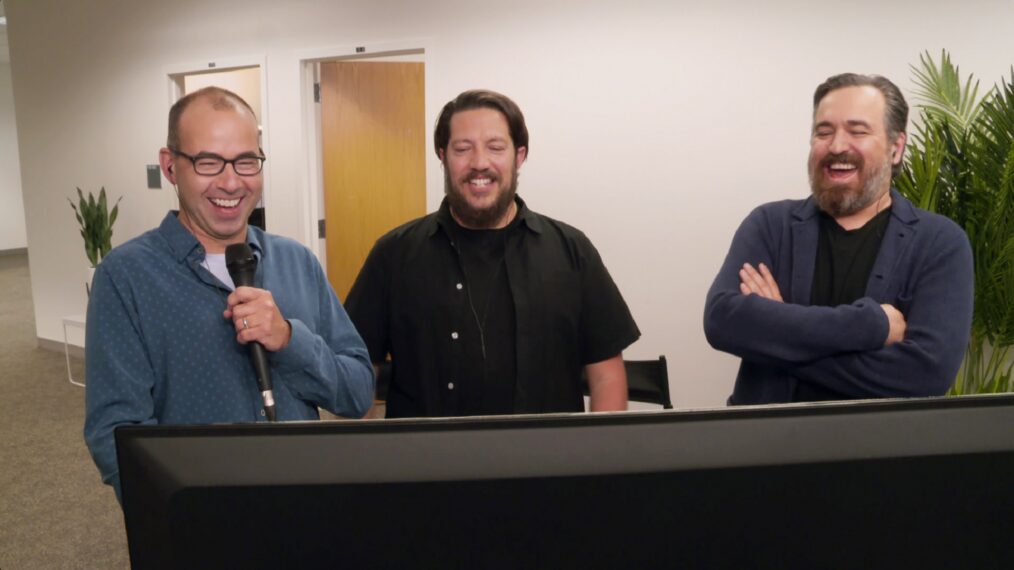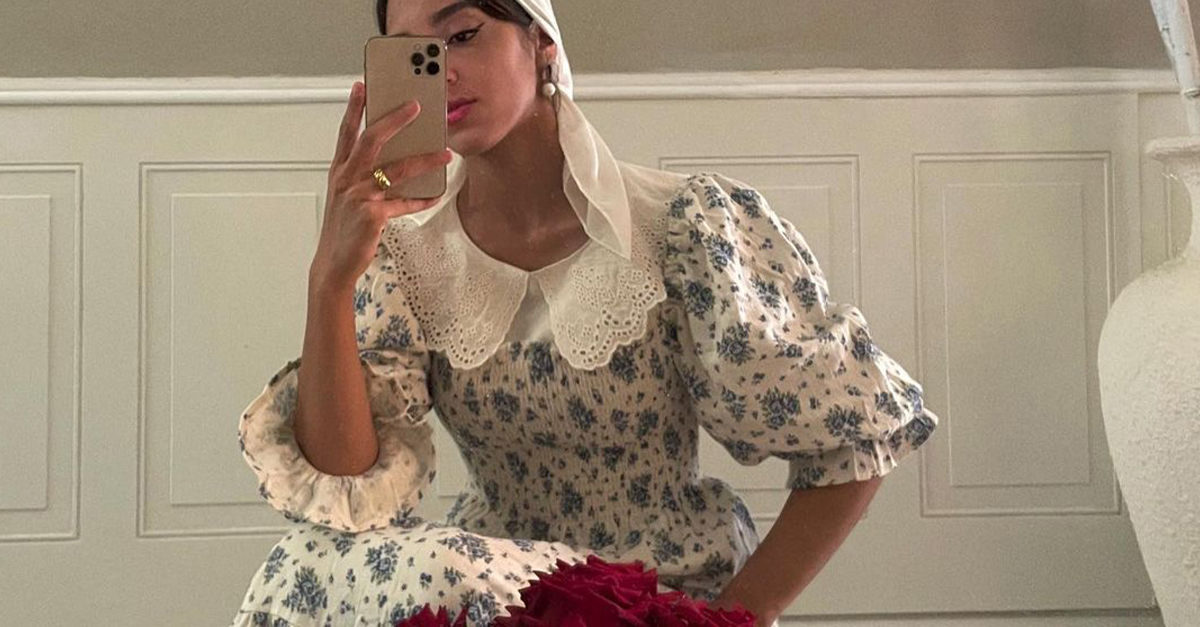ComingSoon Editor-in-Chief Tyler Treese spoke to The Pale Blue Eye director Scott Cooper about the upcoming Netflix film, which begins streaming on January 6. Cooper discussed the novel that the movie is based on and working with Christian Bale and Harry Melling.
“A world-weary detective is hired to investigate the murder of a West Point cadet,” reads the film’s synopsis. “Stymied by the cadets’ code of silence, he enlists one of their own to help unravel the case — a young man the world would come to know as Edgar Allan Poe.”
Tyler Treese: How were you introduced to the original novel? It really sets a perfect framework for this movie.
Scott Cooper: Oh, thank you, Tyler. Much like Edgar Allan Poe, I spent my formative years in the state of Virginia. I was born there. Poe … he was never adopted, but John Allan — his benefactor in Richmond, Virginia — raised him for many, many years in the state of Virginia. My father taught English and literature, and after my first film, Crazy Heart with Jeff Bridges, he sent me the novel. He said, “This is so clever, that Louis Bayard, the author, has placed young Edgar Allan Poe at the center of a detective story — a genre that he bequeathed to us.” I read it for pleasure and I thought, “My God, this could be a compelling film if I could do a number of things.”
One, I could make a whodunnit. I could also make this father and son love story where two loners who kind of exist on the margins of society come together and forge a deep friendship. And then thirdly, I could make an Edgar Allan Poe origin story, because we all are entrenched with this notion of who Edgar Allan Poe was when he wrote The Raven and Telltale Heart and Murder in the Rue Morgue. But this is a film [from] before that era. This is when he was still in his formative stages and was just starting to write poetry and just starting to write fiction. So what I’m saying is that the two hours that take place in this narrative motivate young Poe to become the writer he ultimately became.
Harry [Melling] was so great as Poe, and I love how he is used like Watson in this movie — sending him out to do the task for the detective. What did you like most about that dynamic? Harry and Christian [Bale] just work so well together.
I think Harry Melling is a revelation. We all know what an incredibly skilled actor Christian Bale is, and he gives yet another very restrained and moving performance. But what he sees in young Poe is someone that, perhaps, he wishes that he could be. Someone who’s warm and witty and humorous and open to these poetic and romantic musings. Someone who’s a great companion and who’s so filled with life. Who hasn’t experienced all of the tragedy and loss that someone like Christian Bale’s character has experienced.
That’s one thing. And then secondly, just as a director, to have two actors who bring two very different performances in the same frame is really compelling. One in Christian, as I mentioned, who’s quite restrained and quite observant. Then you have Harry Melling, who is open to flourishes and who can hardly keep whatever thoughts that are coursing through his head from verbalizing. To see these two men occupy the same space, and then at the end of the film, we see just how sincere Poe is. But we also just see how much loss and regret and heartbreak both men ultimately experienced … I thought would be, for a viewer, but certainly for the writer and director, a really wonderful experience.
I wanted to ask about that final scene because the performance they both give is very raw and very vulnerable. It comes across as genuine, and I thought that final scene really elevated the film. How was it filming that?
Thank you. It was not an easy scene to film and leading up to that point, as the director, you want to leave breadcrumbs for people to see upon a second viewing — should they watch the film a second time — that they could have really picked up early on, some of the clues that lead to that particular scene, firstly. Secondly, I think we shot that scene in an entire day, maybe a 12 or 14-hour day, where everything comes to the fore — the entire film rests on the success of that scene. The ending, arguably, is always the most important thing in any movie. It’s the last thing the viewer will think about. Everything has been building to that particular moment. If the endings don’t work, well then the film is not going to work. Whether the film has wonderful performances, production design, you’ve created a great tone, aesthetic, world … everything has to come together emotionally, has to come together psychologically … it has to come together in ways that feels honest. And I hope that you felt that It did.

